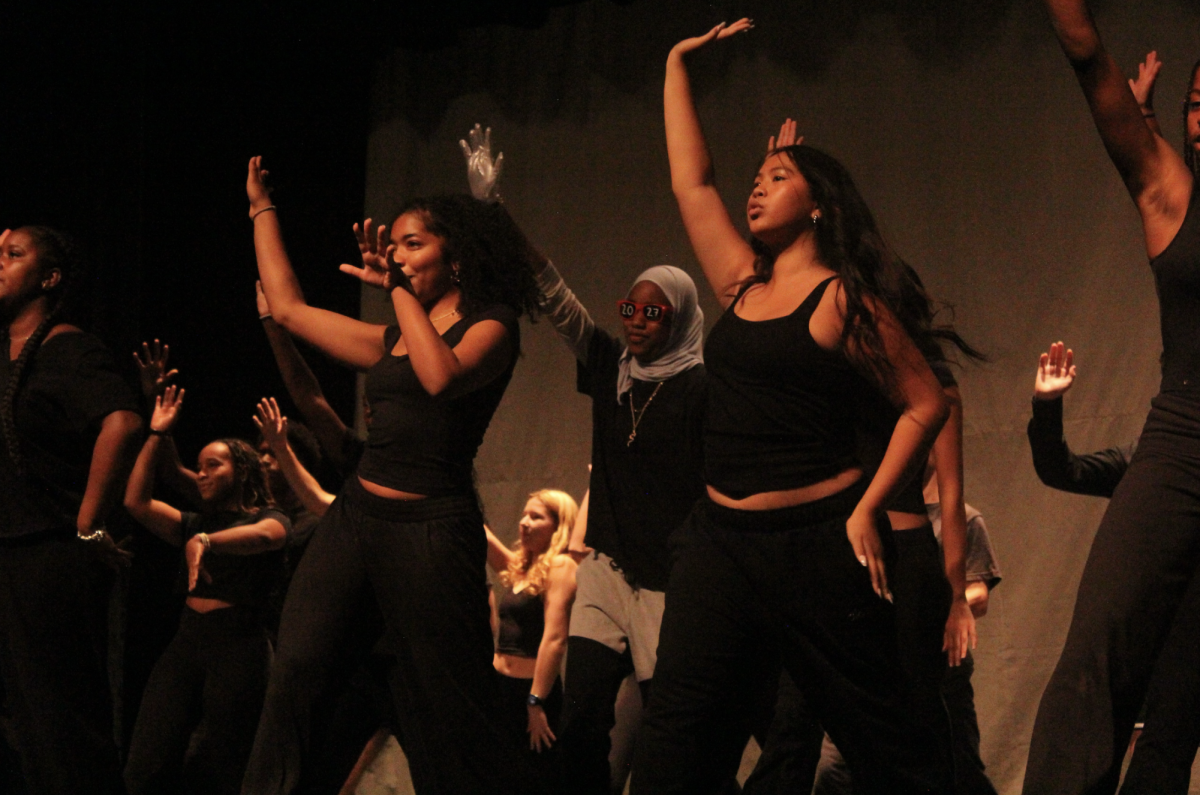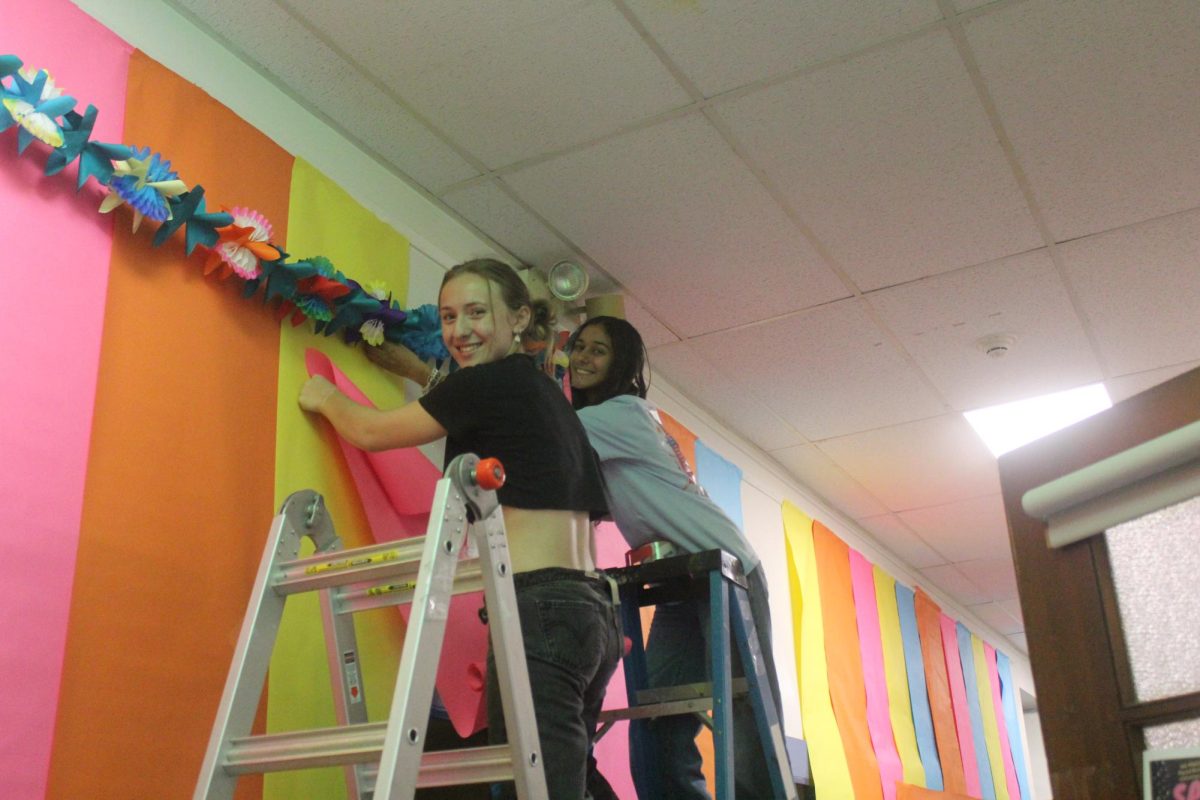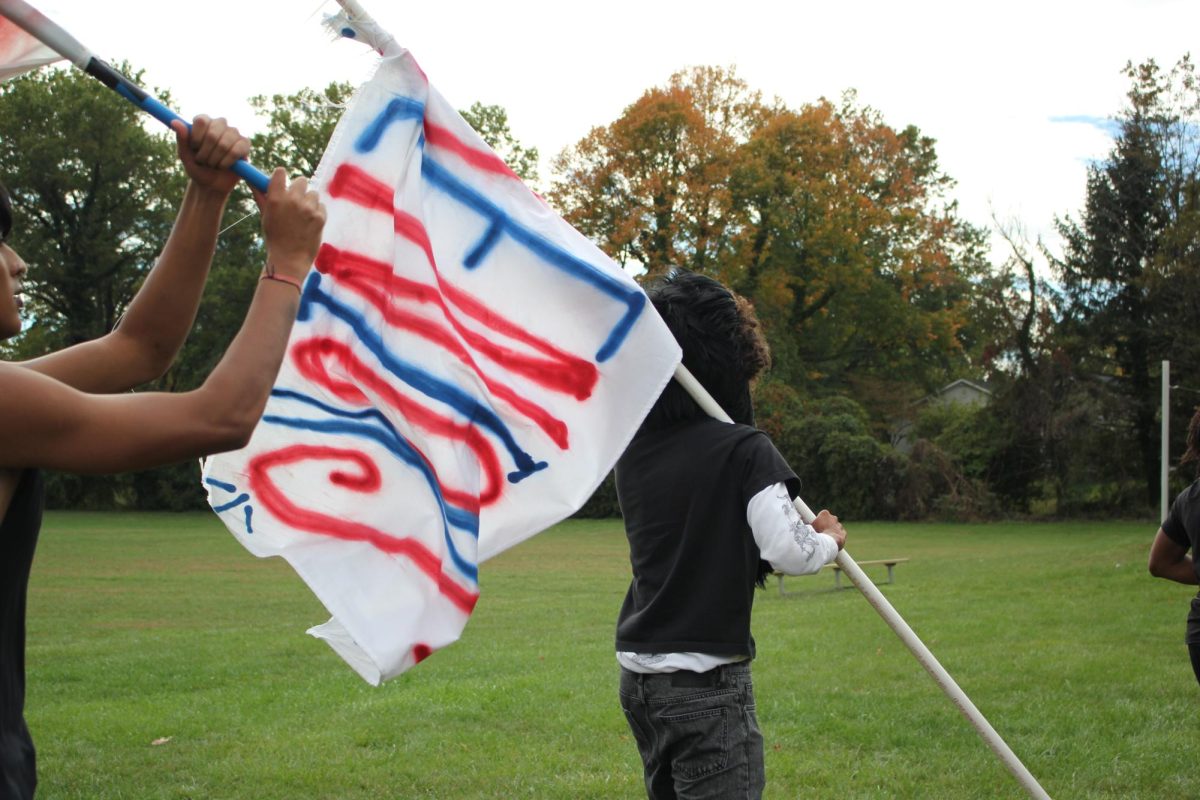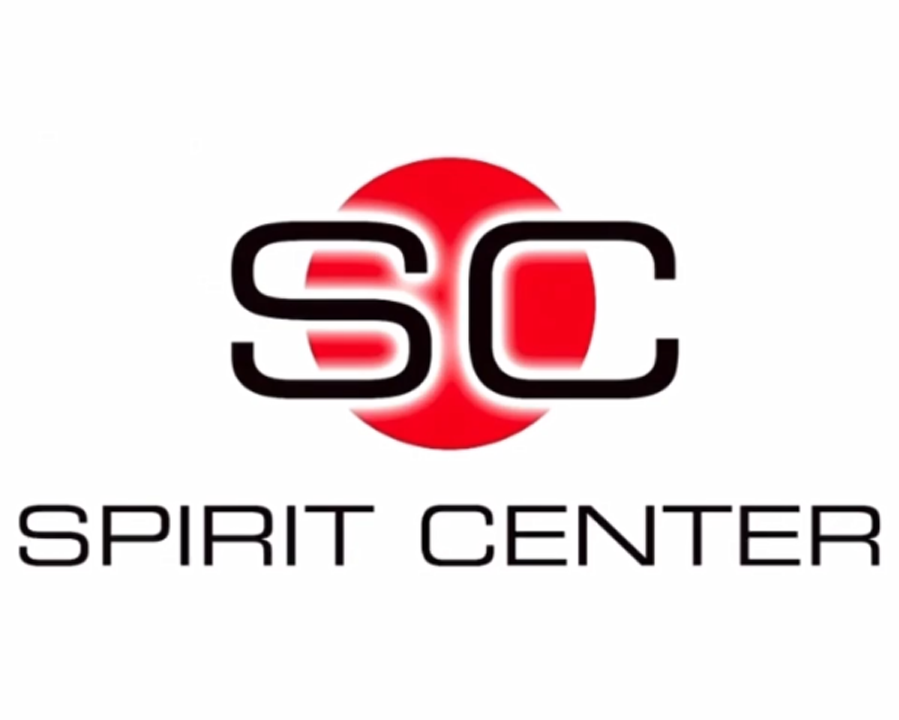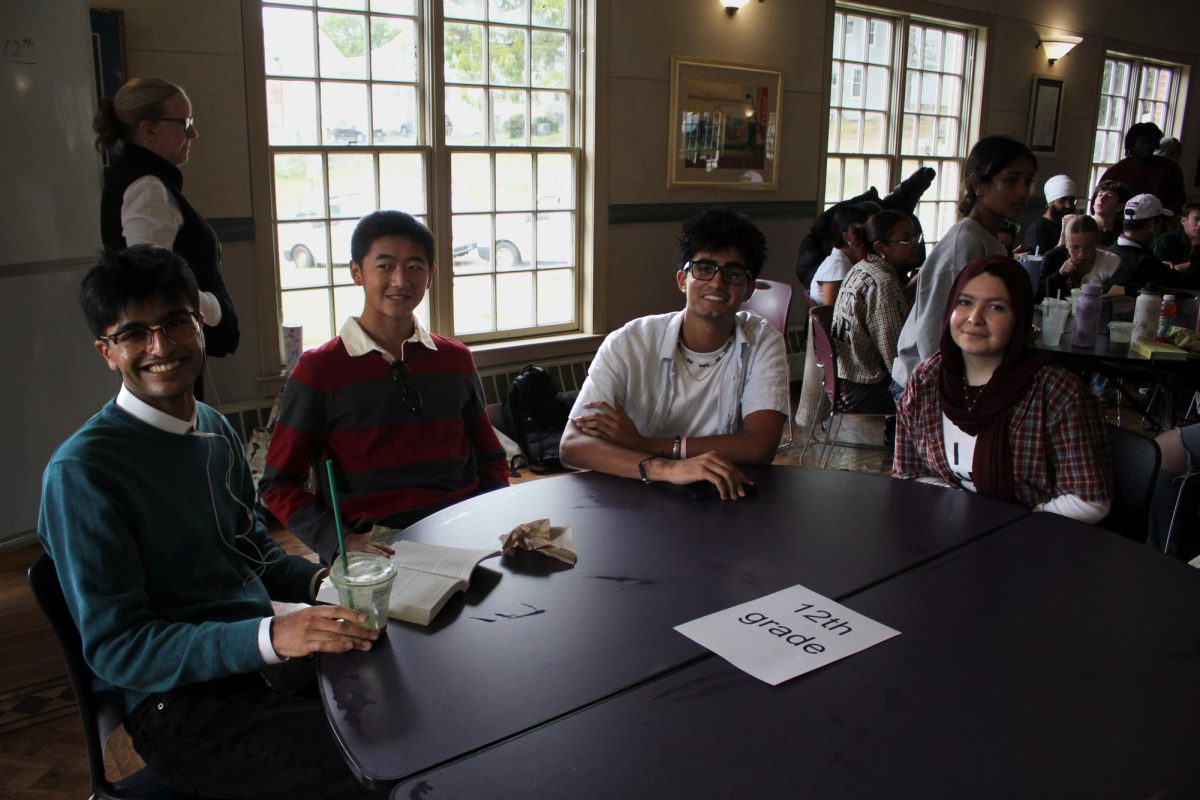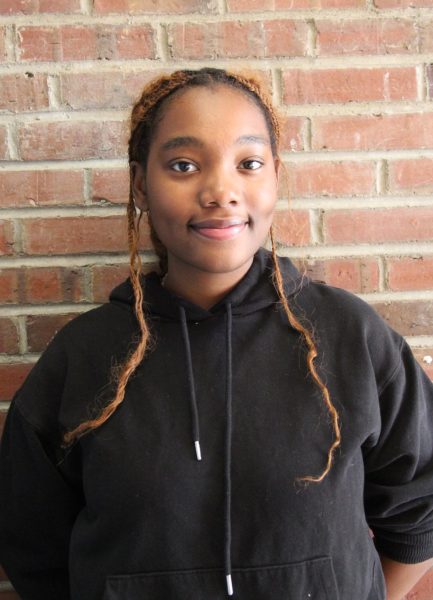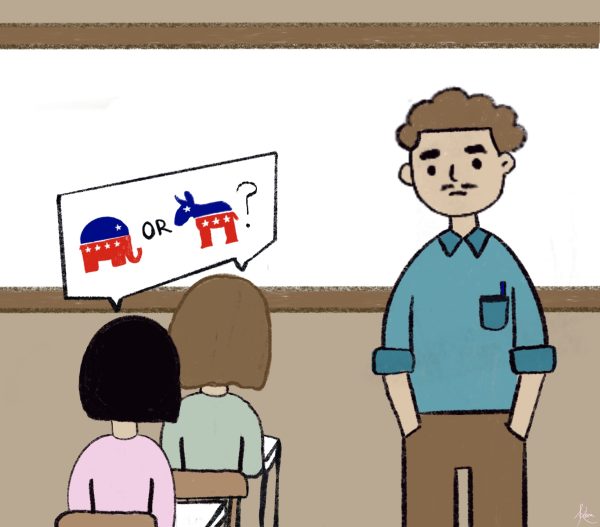
For some Upper School faculty members, there is a tension between free expression about the election and the need to maintain a respectful and inclusive classroom environment.
An assembly last school year on May 10 about talking across differences among students and teachers brought up the challenges around navigating sensitive topics. Additionally, as a Quaker school, MFS teachers and students must navigate facilitating open dialogue while adhering to Quaker norms like the SPICES. With the 2024 Presidential Election approaching, there are growing concerns about the need to encourage positive communication in the community; to this end, the administration has assisted faculty with training and guidance about fostering healthy and inclusive discourse.
In an email to parents and guardians on October 22, Associate Head of School Meredith Godley and Director of Diversity, Community, and Belonging Chanelle Walker discussed the importance of “engag[ing] in healthy and respectful dialogue” while practicing empathy. Additionally, she stated that this importance led to asking faculty not to directly discuss their political views with students.
According to history teacher Clark Thomson, this change has not been very impactful because it has “been [his] policy the entire time.”
English teacher Clare MacKenzie said she agreed.
“[The change] doesn’t feel like a brand new thing. In terms of direct discussion of politics, it’s hard not to make the teacher’s voice the most important thing, but it doesn’t mean we can’t talk about important ideas.”
According to Walker, this was asked of teachers to avoid creating an environment where students are being told who to vote for and what to believe, hindering the important process of critical thinking in a school setting. Additionally, Walker stated that this reasoning closely aligns with the school’s Quaker values, particularly the principle of “continual revelation,” which emphasizes the importance of ongoing intellectual growth as well as the practice of respecting the inner life of each person.
Additionally, Walker explained that a program was implemented for teachers to “discuss the ways in which we support students as they lean into conversations that promote mutual understanding.” According to Walker, the program is a series of professional development courses for faculty that were inspired by heightened anxiety due to global events and how they are portrayed in the media.
She also stated that encouraging thoughtful and respectful conversations within the MFS community might “allow us to be a little more thoughtful and intentional about the work that needs to take place.”
Thomson stated that these workshops are helpful; however, he is critical of the non-divisional aspect of the program.
“The fact that we are doing these workshops with [all three divisions] seems a bit like a missed opportunity to focus on what might actually happen in my classroom in the hallways with students.”
Walker stated that she has learned in the workshops that speaking across differences is “something that is really hard for everyone,” including teachers.
Students like Ariel Steinberg ’26 observed that at MFS, sometimes teachers may start to “[talk] a bit about politics” before backtracking likely due to not wanting to “make people uncomfortable.”
Other students like Noah Frizell ’25 agreed with this statement, pointing out that when addressing topics like the Israel-Palestine conflict, teachers appear to tread very carefully due to the sensitive nature of the conflict in our community.
However, not all students have had the same experiences. Gauri Kulshretha ’26 and London Miles ’26 both stated that they haven’t noticed teachers avoiding controversial topics, but agreed that some may try to frame their opinions more carefully to avoid offending others. Additionally, according to Miles, teachers may adapt their approach to speaking on sensitive topics based on the maturity level of their students
At Rancocas Valley Regional High School, students like Cinzia Scarlate ’27 notice a different approach to handling controversial topics in their communities.
“Our teachers literally talk about anything and never shy away from controversial topics,” Scarlate said. “It is definitely normal for teachers here to voice their opinions aside from maybe religious beliefs that they don’t share.”
According to Henderson, this contrast manifests in how classroom discussions are facilitated with them stating that here, there is a strong emphasis on “creating a space that encourages dialogue and encourages one to share how they feel.”

